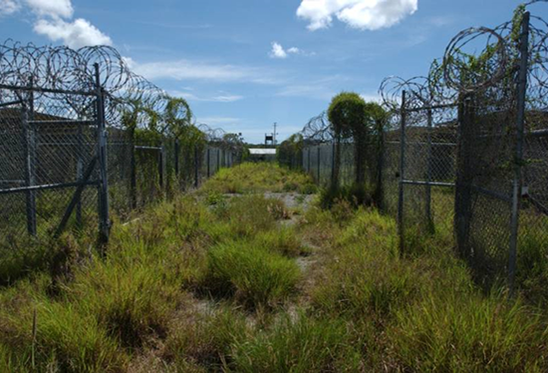Liz Ševčenko – Historic Preservation for a Post-Truth Era: Accepting Denial

We’re nearly two decades into what political commentators call the “post-truth era.” Distinct from political traditions of lying or propaganda, the term describes a culture in which truth is entirely beside the point. The post-truth era poses new challenges to public historians and historic preservationists. With little public faith in facts—especially those that challenge existing beliefs—historic fabric no longer provides forensic evidence of what happened in a place. This has particular implications for how people understand places of past violence, trauma, or struggle, places that invite collective reckoning with contested histories and establish the moral foundation from which to address their contemporary legacies.
This talk will explore “sites of conscience” around the world, from apartheid-era prisons in South Africa to memorials to the disappeared in Argentina. It will also share examples of collective, movement-based, dialogue-driven memory projects in the United States, including the Guantanamo Public Memory Project and a national memory project on mass incarceration. Using these as starting points, Liz Ševčenko hopes to get ideas from colleagues about the questions she is grappling with during her fellowship: How does public memory shape public policy? What are the new opportunities and obligations of preservationists in a post-truth era?
Ševčenko is the Booth Family Rome Prize Fellow in Historic Preservation and Conservation and director of the Humanities Action Lab, a coalition hosted by the New School in New York and Rutgers University in Newark.
The event will be held in English. You can watch it at https://livestream.com/aarome.